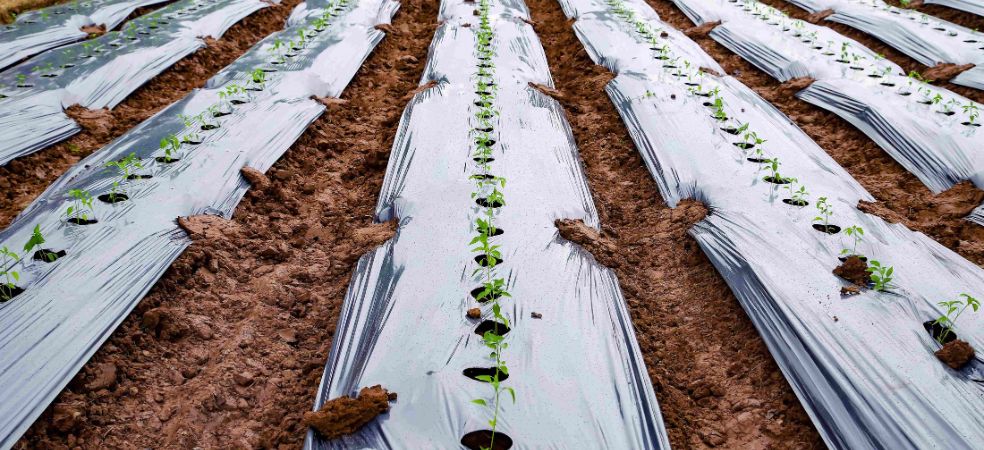Mulching is a technique in which the soil surface is covered with a thick layer, to promote the healthy development of crops. It is a useful technique for the healthy growth of vegetable crops. The following are the benefits of using mulching:
Enhanced Nutrient Retention: Mulching increases the number of nutrients in the soil, making them more available to the plants, which results in healthier and more productive crops.
Water Conservation: Mulching helps to conserve water by reducing evaporation, keeping the soil moist for a longer period, and reducing the need for irrigation.
Weed Control: Mulching reduces weed growth, providing a barrier that prevents weed seedlings from growing and reduces the need for herbicides.
Soil Erosion Control: Mulching helps to prevent soil erosion by holding the soil in place and reducing the impact of rainfall on the soil.
Enhanced Soil Health: Mulching helps to improve soil health by increasing the organic matter content, improving soil structure, and promoting beneficial microbial activity.
Increased Crop Productivity: Mulching has been shown to increase crop productivity by providing an environment that is conducive to plant growth and development.
ShareFor beneficial information related to agriculture and farmers, definitely read the articles on Gramophone daily. Don’t forget to share this article with your friends using the share button below.




